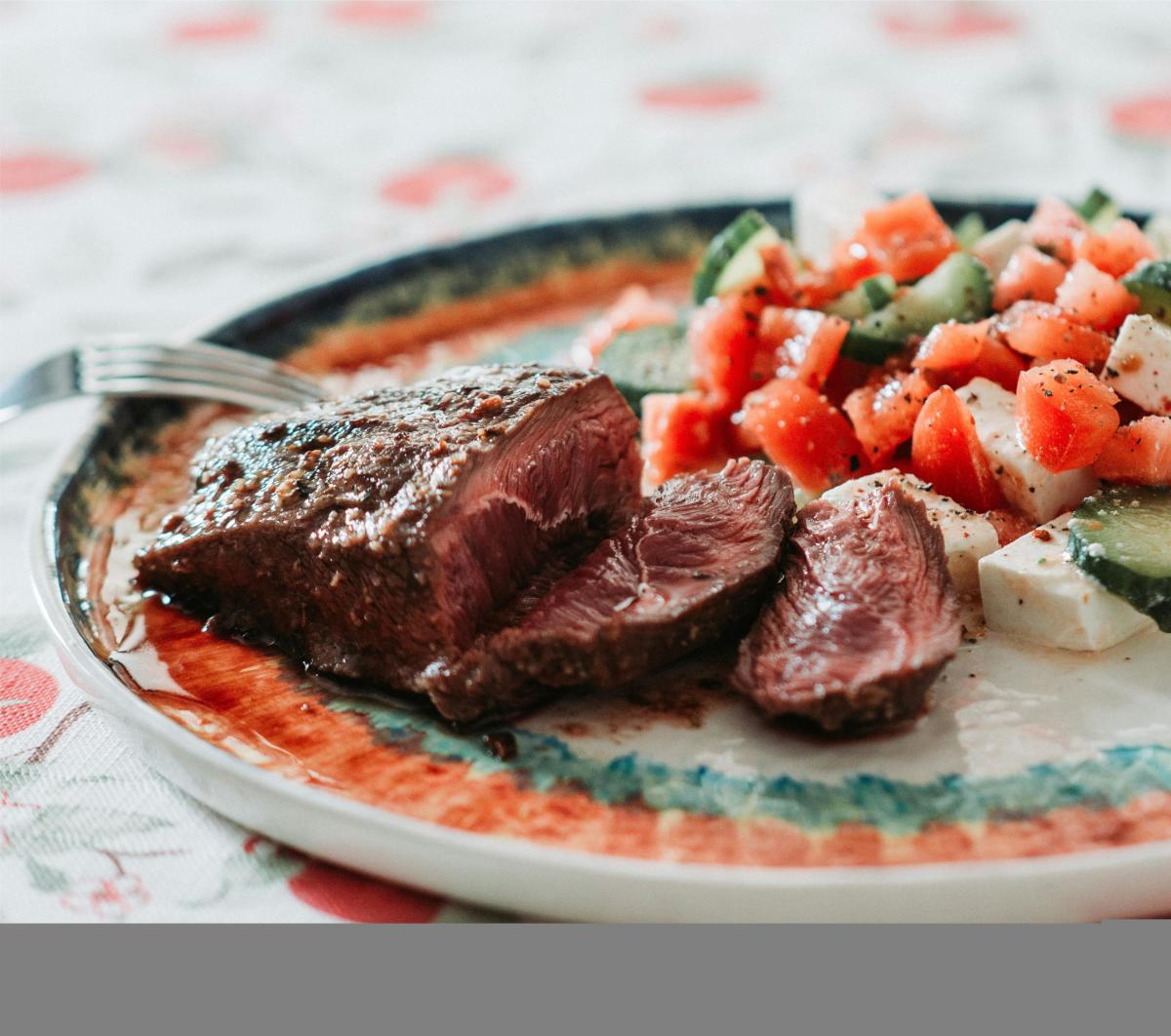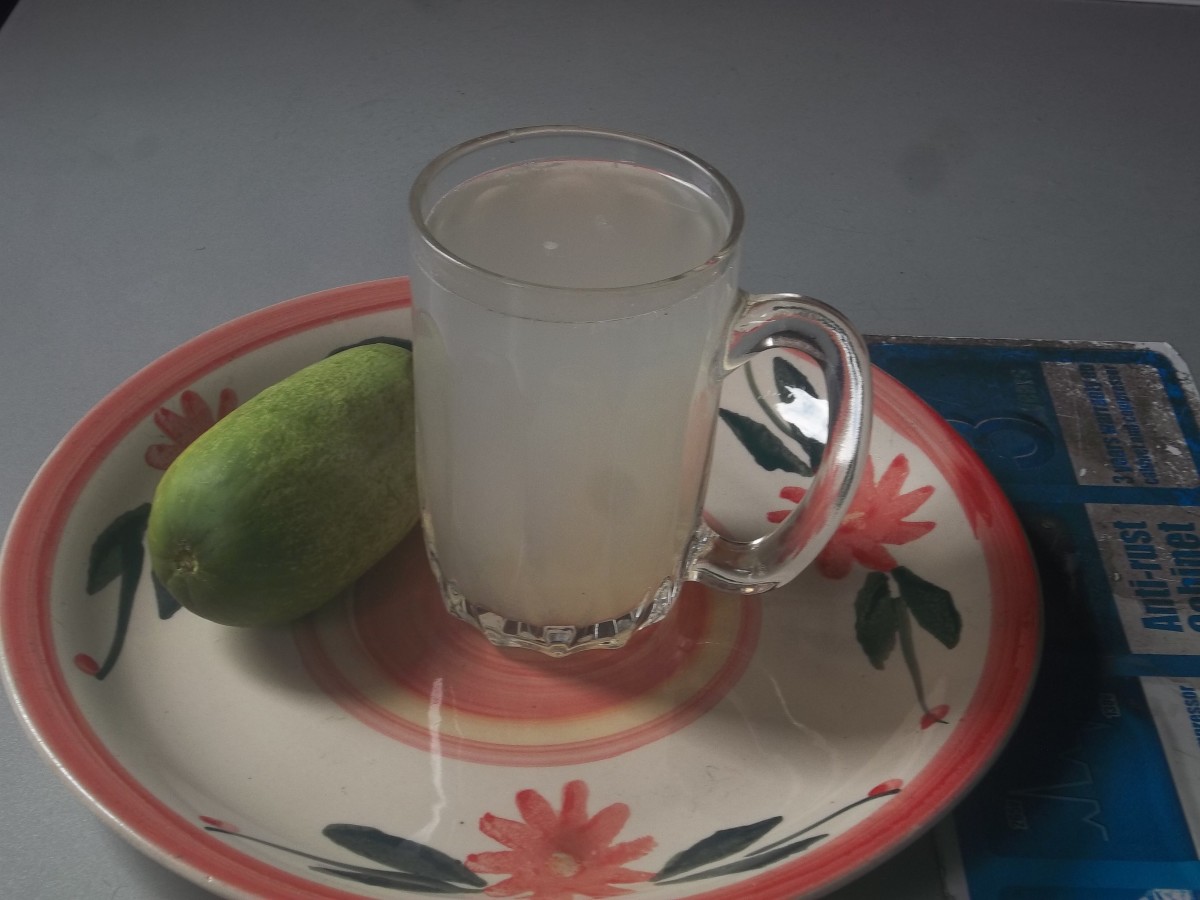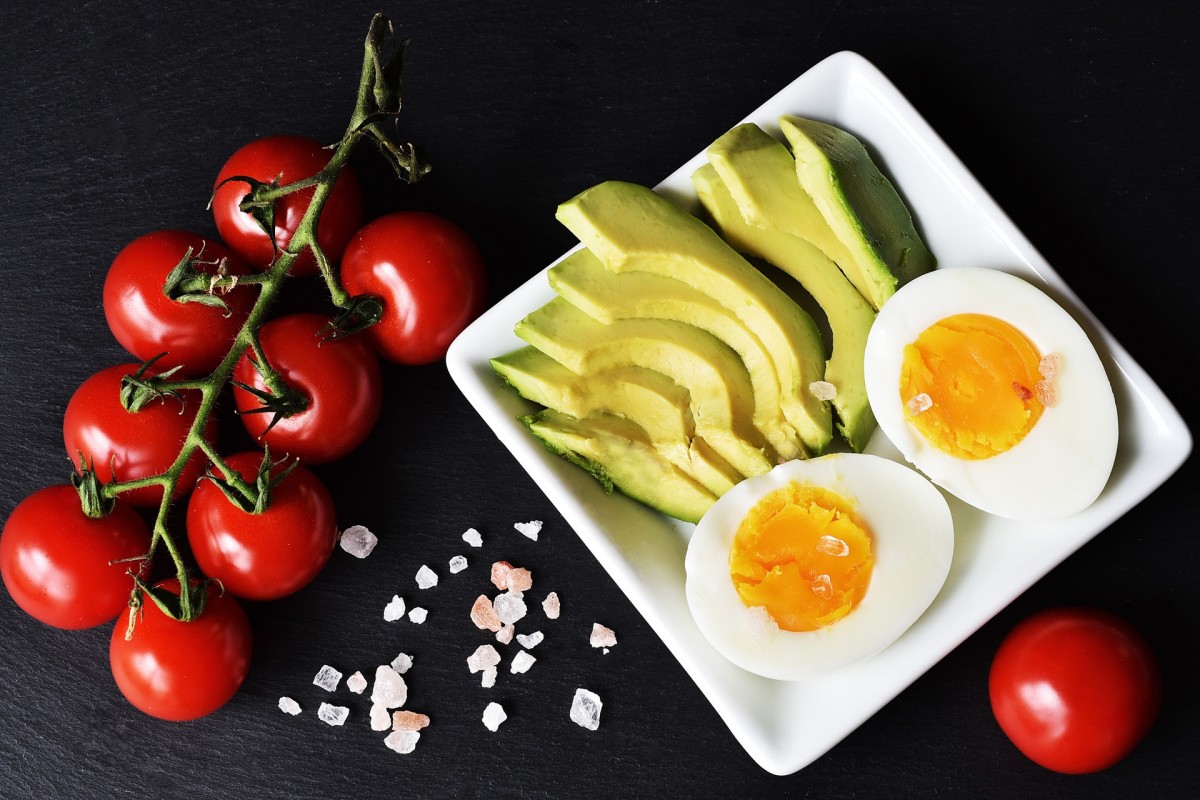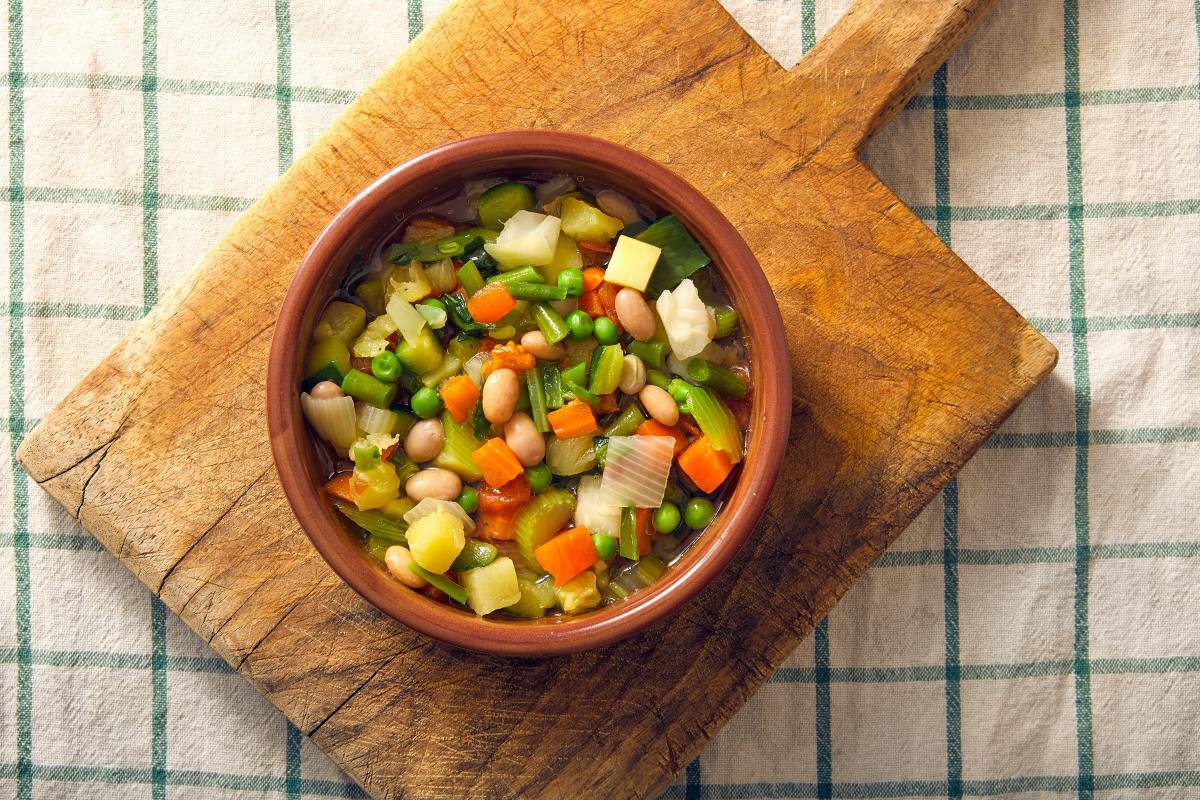The Atkins Diet- a blessing or a curse?
Dr Atkins

My Observations
In my lifetime I have probably lost 300 pounds or so on diets. The most I ever lost at one time, was on a low-carb diet, designed for bodybuilders. I lost 75 pounds in about three months, but then something went wrong with my metabolism and I had to change my diet. The Atkins diet was the first widely publicized low-carb diet and I have observed a wide variety of results in people who have used it.
The Atkins diet was first developed by Dr. Robert Atkins in 1963 and reached renowned popularity early in the millennium. Dr. Atkins created this diet after reading several other medical studies and learning that the body can alter itself from burning carbohydrates to burning fat instead. Dr. Atkins himself was the first successful person to use this method of starving the body of carbs. While this concept is very controversial it has produced remarkable results, resulting in weight loss in people who have had great difficulty losing weight previously.
The theory is simple, if your body does not receive a carbohydrates that it needs for energy, it adapts and turns to burning fat at its primary energy source. As long as you feed the body a sufficient quantity of fat, it tends to be willing to let go of its stored energy reserves (fat) and burns your stored body fat, resulting in dramatic weight loss. Whether or not you should alter your body's metabolism has received a lot of debate.
The Atkins diet consists of four phases; Induction, On-going Weight Loss, Pre-Maintenance, and Lifetime Maintenance. During the induction phase a person is limited to 20g of carbohydrates per day. This phase normally lasts for two weeks, but can be continued for a longer period of time depending on the amount of weight a person has to lose. Upon entering the second phase the amount of carb intake can be increased by 5g per week. A person will stay in the On-going Weight Loss phase for a minimum nine weeks, or until they are within 10 pounds of their target weight. At this point a person will enter the Pre-Maintenance phase and increase their carbohydrates by another 10g. A person will once again continue increasing their carbs weekly until they find their "Critical Carbohydrate Level for Maintenance" at which point they will enter the Lifetime Maintenance stage.
A basic meal on Atkins would consist of a meat product, (beef, poultry, fish etc.), and several servings of salad greens or vegetables. Fruits are not allowed during the majority of the stages as they are higher in sugars and carbohydrates which in turn would cause slower weight loss. This does not mean a person should not eat fruit. There are several fruits that are high in energy which the body can burn quicker allowing the body to continue its weight loss. During the early years of the Atkins popularity, and the popularity of other low-carb diets many companies joined in. Pepsi and Coke created their own line of products in hopes of maintaining business. However, many other companies found themselves losing business with the Atkins craze. Pasta's were created with lower carb counts, as well as specialty chocolate bars.
There have been several controversies regarding the Atkins diet. Many scientific studies have shown a higher risk of heart attacks as one of the more severe health concerns. Furthermore, there are several lesser health risks such as diarrhea, weakness, and muscle cramps are regular occurrences for those on the Atkins diet. A lot of this, really depends on the individual and their particular body makeup. I personally never had any of these negative side effects, but I have friends who did. Beyond the health concerns, it is highly recommended that a person take multi-vitamins to compensate for what is lacking in the diet itself. Once again however, Dr. Atkins suggested that while a multi-vitamin is good, the iron intake should be limited because of the amounts of iron found in the meat ingested.
While the lure of rapid weight loss makes many people want to jump to Atkins for results, there are multiple rules, limitations, and risks involved. If someone truly wanted to join the Atkins fad they will need a strong will, good support system, and reasonably healthy body to take on this endeavor. I personally also believe that it is helpful if your blood type is O. There is no substantial evidence to support my viewpoint, it is only an observation of those who did and did not do well on a diet from my limited experience.
My personal opinion is that the Atkins diet is a great way to lose weight, but not necessarily a good lifestyle choice. I do have friends, however, who swear by the diet, and been on it for years. I feel that everyone would experience the diet differently and should make their own choices based on their experience.









